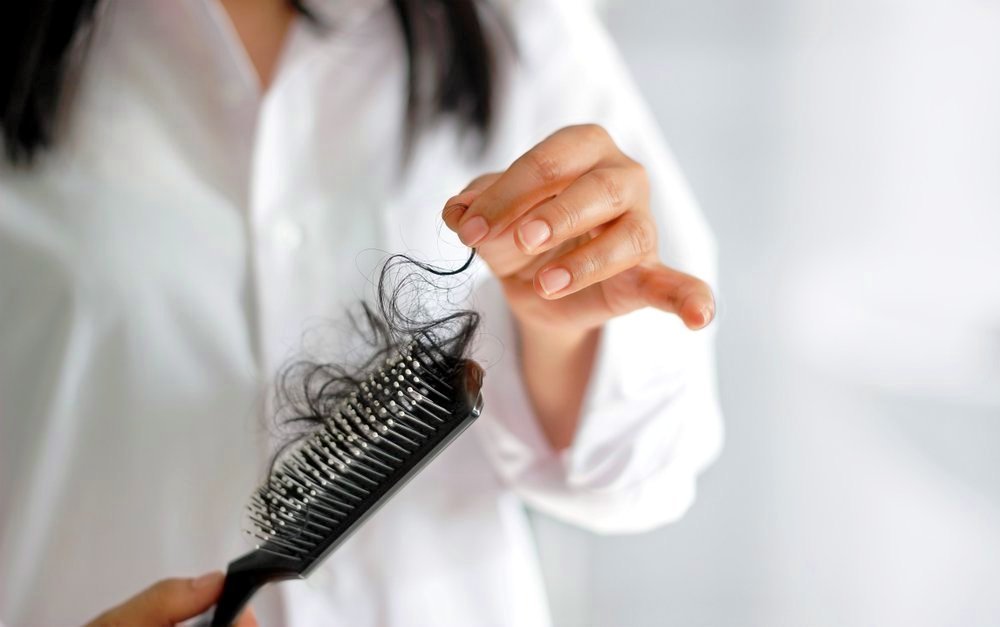
A link between hair loss and uterine fibroids recently came to light when researchers at Johns Hopkins University School of Medicine revealed similar scarring patterns in one type of alopecia and other conditions.
A fibrous tissue disorder known as central centrifugal cicatricial alopecia (CCCA) mainly affects African-American women and represents the most prevalent form of hair loss, according to a university press release. Because CCCA produces extra scar tissue, Johns Hopkins dermatologists linked the condition to the occurrence of similar conditions, both visible and internal.
Dr. Crystal Aguh said in the release that individuals of African ancestry are more likely to present certain skin disorders such as keloids (external scarring), scleroderma, certain kinds of lupus, and clogged arteries. Aguh and her colleagues evaluated four years’ worth of data to discover that significantly higher numbers of black women with CCCA had had uterine fibroids than those without the condition.
They concluded that African-American female CCCA patients are five times more likely to develop uterine fibroids, the release said. Aguh said that while establishing a causal link remains to be accomplished, women in this group would benefit from added screening for other conditions involving excessive fibrous tissue.
Overall, approximately 70 percent of white women develop fibroids by age 50, compared with 80 to 90 percent of African-American women, according to the National Institutes of Health.